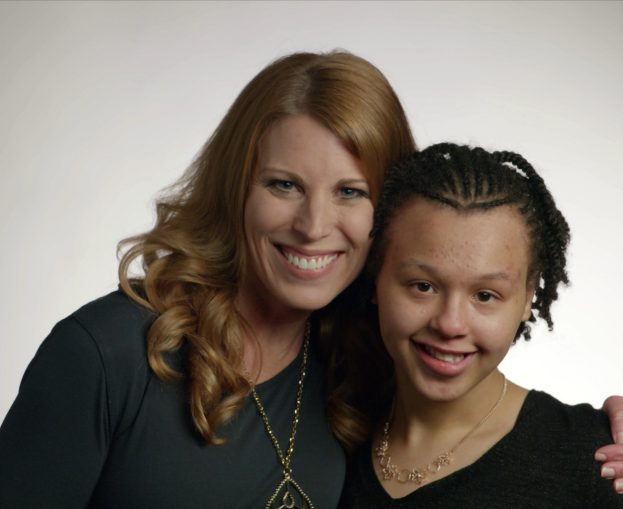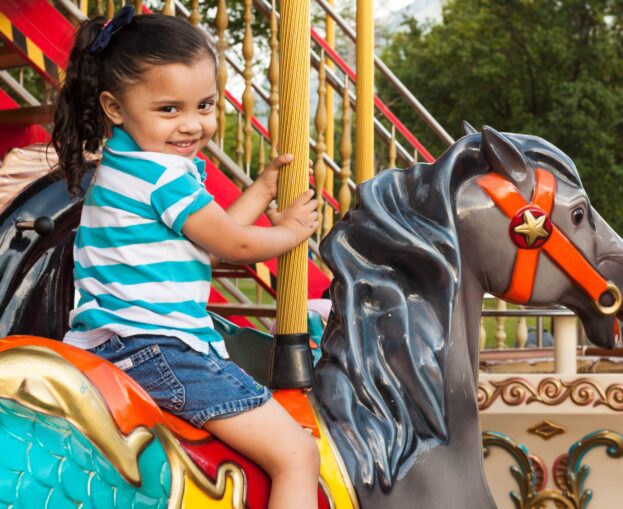Donna Hammock, director of Parent Voices, a program that helps parents of children being served by Damar navigate the care experience, meet other parents and learn through educational workshops. Hammock understands both the reward and struggle of having a child with multiple diagnoses, including behavioral disabilities. Her 15-year-old grandson, for whom she is legal guardian, is being supported on Damar’s residential campus.
A Kind Word
2 minute read
Many of us have seen it: A child with an intellectual or developmental disability has an outburst in the grocery store … or he or she talks loudly or laughs unexpectedly in a restaurant … or this beautiful young person engages in some other behavior that draws attention and makes it clear to everyone that this individual is “different.”
We’ve also all seen what happens next. Shocked stares. Whispering. Cautious glances. People moving away. And we’ve seen how this affects the caregivers: They look around apologetically, trying to say “I’m sorry” with their eyes as they deal with the situation.
As the grandmother and primary caregiver of a child with Down Syndrome, I have experienced this kind of moment. But, then again, I’ve dealt with it all my life because I’m a dwarf. I grew up with staring and whispering.
As a result of that double experience, I feel I can offer guidance to help people know how to act when they encounter someone with special needs, whether that individual is “acting out” somehow or simply being themselves. So, here are a few tips for those times when you witness a child’s outburst or unexpected behaviors.
- Don’t ignore it. I’d prefer having people acknowledge the situation to feeling invisible. Make eye contact and give the caregiver a compassionate smile.
- Don’t shush your kids or jerk them away. Children are naturally curious, and while some of their questions would be inappropriate coming from adults, they’re understandable from a child. So, if a kiddo asks me, “Why didn’t you grow up?” I don’t mind. Similarly, if my grandson, Kevin, is acting up and a child asks, “Why is he acting that way?” I won’t be upset.
- Don’t get angry. “Can’t you control your kid?” is not an appropriate response to a caregiver when a child is having an episode of some sort in public.
- Do offer a kind word. Gently touch the caregiver on the shoulder and say, “Is there anything I can do help?”
- Do give the caregiver some grace. If you do offer to help or simply give a little reassurance, in the heat of the moment, the parent or caregiver might snap at you, but give him or her a break. In the middle of a difficult situation, it can be hard to react the best way, but the odds are good that your compassion will be appreciated.
Of course, you can imagine the stares, sideways glances and even questions Kevin and I get when we’re out together – a young man with Down Syndrome towering over his caregiver – but I’m OK with that, so long as the stares, glances and questions are authentic and kind.
After all, respectful and humane questions do something very basic: They acknowledge us as human beings. And, as uncomfortable as it might be in the moment, I do prefer that to being avoided, berated or treated as though we’re invisible.





